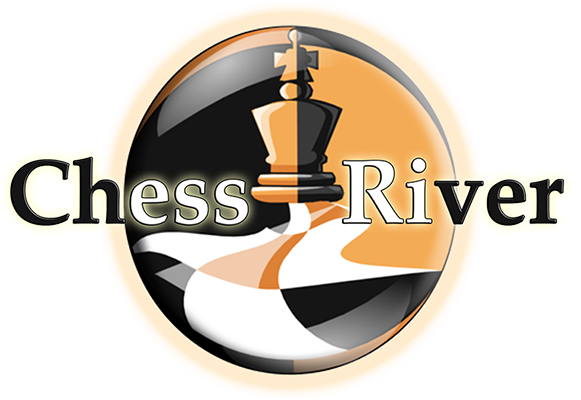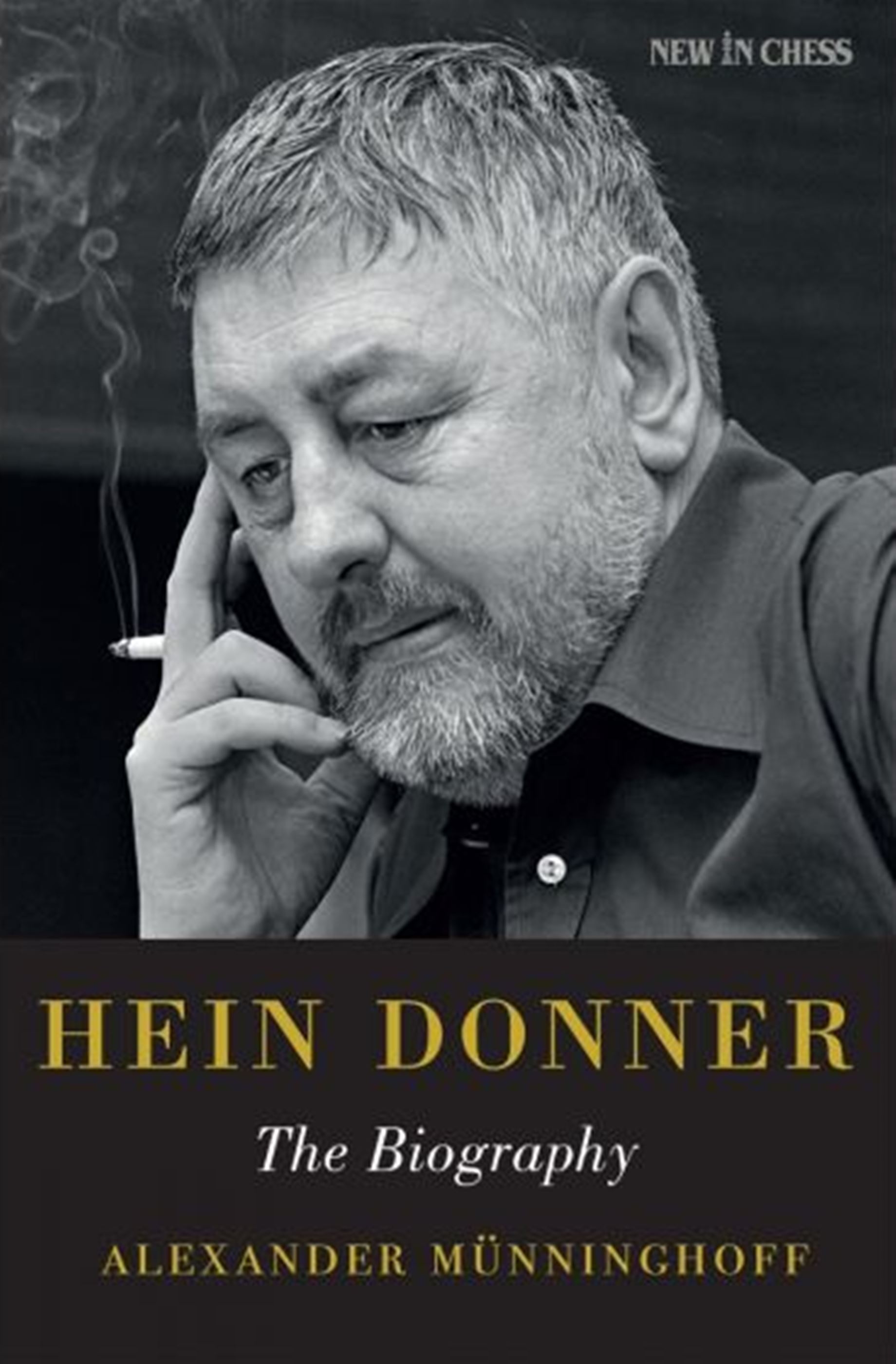The fascinating story of controversial man.
Hein Donner (1927-1988) was a Dutch Grandmaster and one the greatest writers on chess of all time. He was born into a prominent Calvinistic family of lawyers in The Hague. His father, who had been the Minister of Justice and later became President of the Dutch Supreme Court, detected a keen legal talent in his son. But Hein opted for a bohemian lifestyle as a chess professional and journalist. He scored several excellent tournament victories but never quite fulfilled the promise of his chess talent.
Hein Donner developed from a chess player-writer into a writer-chess player. His provocative writings and his colourful persona made him a national celebrity during the roaring sixties. His book ‘The King’, a fascinating and often hilarious anthology spanning 30 years of chess writing, is a world-wide bestseller and features on many people’s list of favourite chess books.
The author Harry Mulisch, his best friend, immortalized Hein Donner in his magnum opus The Discovery of Heaven. In 2001 the book was adapted for film, with Stephen Fry playing the part that was based on Donner. Included in Hein Donner is the interview in which Harry Mulisch tells about his friendship with Donner.
After suffering a stroke at the age of 56, Donner lived his final years in a nursing home. He continued writing however, typing with one finger, and won one of the Netherlands’ most prestigious literary awards. Alexander Münninghoff has written a captivating biography of a controversial man and the turbulent time and age he lived in.
Alexander Münninghoff is an award-winning author from the Netherlands. He wrote the acclaimed biography of the man that was dethroned by Hein Donner as Dutch champion: former World Chess Champion Max Euwe. His memoir ‘The Son and Heir’ with the complex story of the Münninghoff family in the 20th century, is an international bestseller.
“Well-done by Münninghoff, instead of hopping from anecdote to anecdote, his first concern is always the flow of the narrative. There is a lot in the book that I didn’t know.”
— Hans Ree, author of The Human Comedy of Chess



